|
It seems like the question never gets old. It is the topic of many discussions online, and it is a question I am asked at least once a week, "Where do you get your protein?" These six words are now music to my ears because I have educated myself on the topic. I have done my research, and I enjoy discussing vegan protein sources with non-vegans, new vegans, and everyone in between. There are many great vegan sources of protein, but I wanted to highlight a few of my favorites. 1. Quinoa Quinoa contains over eight grams of protein per serving. It is also high in fiber and considered a "complete protein" because it contains all the essential amino acids. My burrito recipe is packed with quinoa and an abundance of protein. Spelt Spelt contains over 10 grams of protein per serving. It boosts the immune system, builds strong bones, and it's a great wheat alternative for those with gluten sensitivities. Spelt comes in many forms. I paired my tofu scramble recipe with delicious spelt English muffins. Black Beans Packed with almost eight grams of protein per serving, black beans have a variety of health benefits. They are high in fiber, naturally low in sodium, and the selenium content helps fight cancer. Black beans can be used in a variety of ways. I like to use them in my cheeseburger avocado pizza recipe. Tofu One half-cup serving of raw firm tofu contains over 10 grams of protein. Tofu is also a great source of amino acids, iron, and calcium. Just look for organic, non-GMO tofu. Tofu is an amazingly versatile product. There are several great brands that produce quality products. I use Tofurky Slow Roasted Chick'n in my vegan chicken salad recipe. It fools non-vegans every time! Walnuts A one ounce serving of walnuts contains 4.3 grams of protein. Walnuts are also rich in omega-3 fatty acids and help fight coronary diseases. Walnuts are a great source of vitamin E and promote healthy skin as well. My lettuce wrap recipe with "walnut meat" shows how walnuts can truly be transformed into a savory and delicious meat substitute.
The vegan plant based protein list is long. It is great to know that we can get all of our protein, vitamins, and minerals from eating a plant based diet. If someone persists in asking you about more vegan sources of protein, here are a few more things you could mention: 1. Lentils 2. Amaranth 3. Wild Rice 4. Non-dairy milk (soy, almond, cashew, etc.) 5. Pumpkin Seeds 6. Oatmeal 7. Tempeh 8. Spinach 9. Broccoli 10. Almonds 11. Nutritional Yeast 12. Chickpeas 13. Edamame 14. Nut butter 15. Sprouted grain bread 16. Hempseed 17. Green peas 18. Chia seeds 19. Spirulina 20. Avocado
0 Comments
For over forty years, my dad worked for the U.S. Forest Service. He would often bring me pencils, books, stickers, and all kinds of neat things regarding Smokey the Bear. Sometimes he would even get to dress up and wear the Smokey the Bear costume. As a kid, I thought it was a pretty big deal. I think back to those days and recall them like it was yesterday. Today, I am bringing bears in the spotlight for a different reason. As a vegan blogger, I often write about factory farming and animal cruelty. I have written about the abuse that animals endure daily in slaughterhouses, and then I found out about the heartbreaking abuse that bears suffer in Vietnam. I definitely had to write about it.
Animals are not meant to be caged. They should be free to live, grow, and thrive in their natural habitats, but many bears in Vietnam only know life within four walls. What is it that people are after? Bear bile. Bear bile has been used for thousands of years as an elixir in Chinese medicine. It is used in products like toothpaste, shampoo, and tea. Although there are many cruelty-free alternatives with the same healing properties, it is still widely used to treat liver and gallbladder conditions, because of its high levels of ursodeoxycholic acid (UDCA).
It is a multi-million dollar industry that thrives off of bears that are confined to cages the size of their bodies, bears that are often deprived of food, water, and mobility, and bears that suffer chronic pain, abuse, infection, and live with holes in their abdomens and other physical forms of trauma. So how is bear bile extracted? According to Animals Asia, there are five ways the bile is extracted: Latex Catheter, Metal Jacket, Metal Catheter, Free-drip, and Fake Free-drip. Each method is cruel, and brings misery to the poor animals. This is how the bile is extracted using the metal jacket method. A rubber pipe is surgically connected to the bear’s gall bladder and attached to a fluid bag inside a metal box. To hold the box in place against the bear’s abdomen, the bear is fitted with a metal jacket weighing more than 10kg.
The global nonprofit FOUR PAWS is now looking to close all bear farms by 2020 and ensure the transfer of all remaining bears to sanctuaries. You can get involved by signing the petition to end bear farming.
Please checkout the microsite of FOUR PAWS asking “How much can you bear,” which tests the endurance of viewers and urges them to take action. I was only able to watch for a few seconds of the raw video. Unfortunately, the practice is legal in China. Although it is illegal in Vietnam and was outlawed in 1992, loopholes in the law and lack of enforcement of regulations have allowed thousands of bears to be illegally used for bile extraction today. There is still hope! On July 17, 2017, the Vietnamese government agreed to a plan to finally end bear bile farming in the country.
Although the Vietnamese Government has agreed to end the horrific practice, according to FOUR PAWS, "there are still approximately 1,300 so-called "bile bears" - mainly Asiatic black bears - living under poor keeping conditions on roughly 400 bear farms."
FOUR PAWS is in the forefront of helping the Vietnamese government truly end bear bile farming and is currently working with the government and in coalition with local partners Education for Nature Vietnam (ENV) in implementing a plan to end the practice by 2020. Please sign the petition, and let your voice be heard today.
If you're looking for a location in Georgia for an animal sanctuary, please check out this amazing property.
|
About Tabatha JamesTabatha James is a wife, mom, and children's book author navigating her way through a vegan way of life! Vegan Archives
February 2024
Vegan Categories
All
|

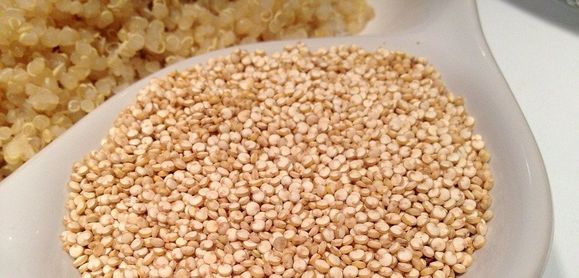
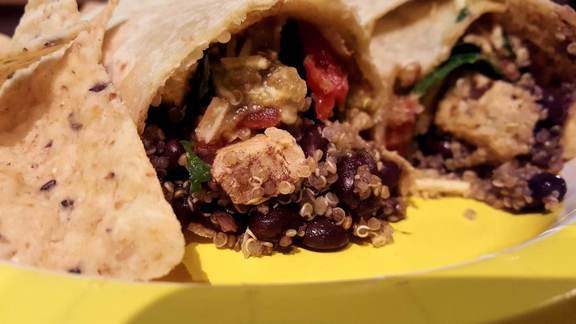
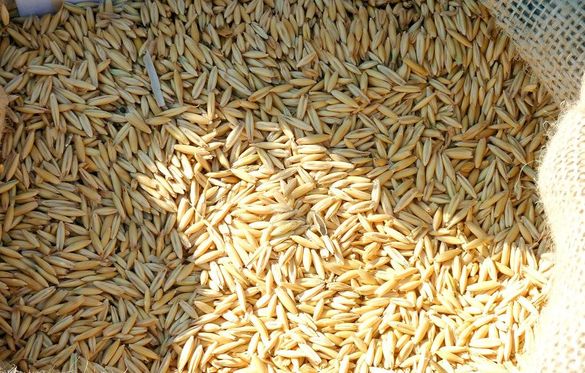
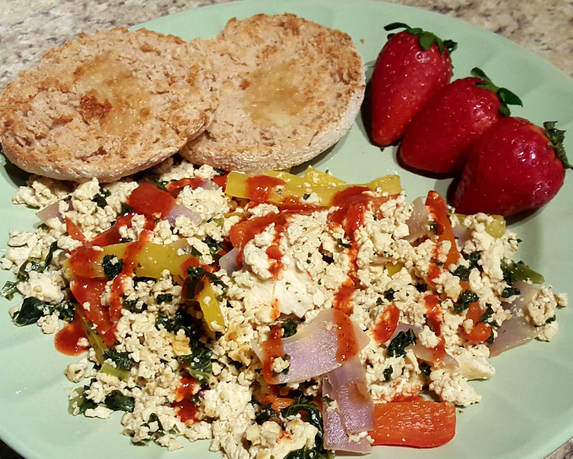
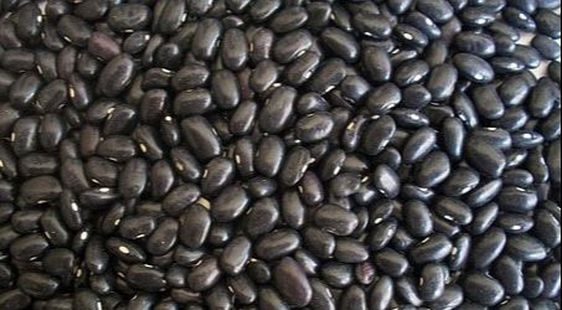
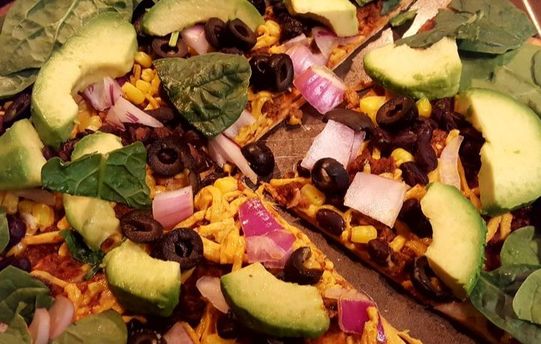
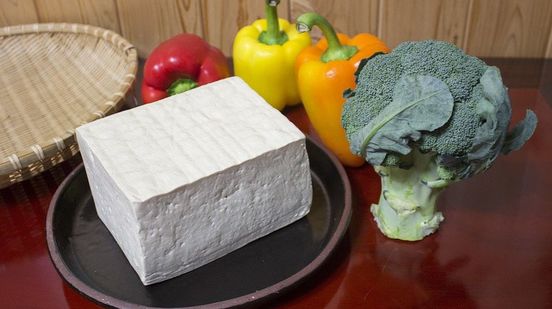
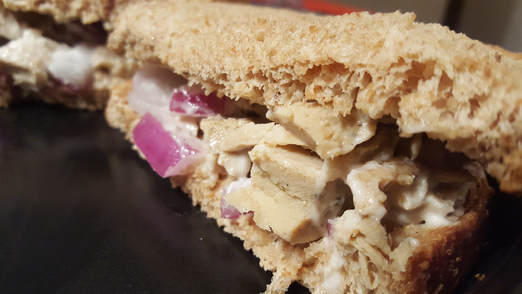
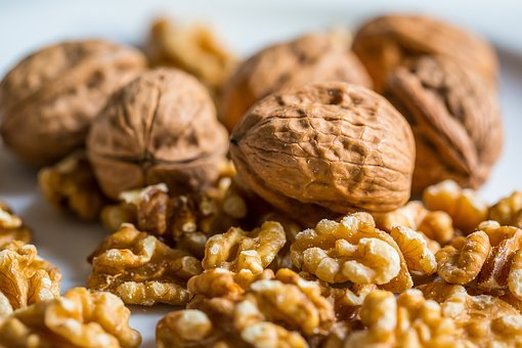
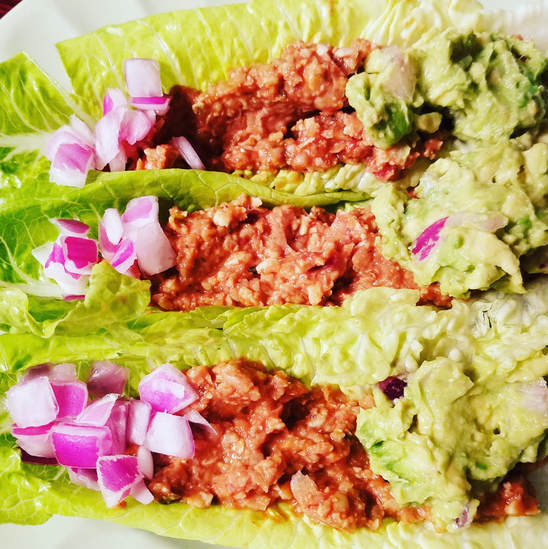
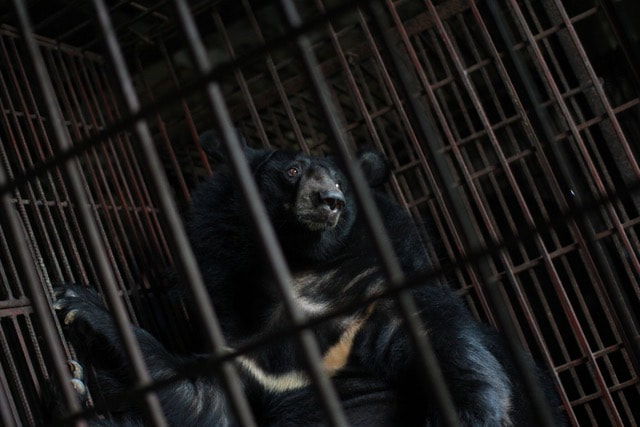


 RSS Feed
RSS Feed
